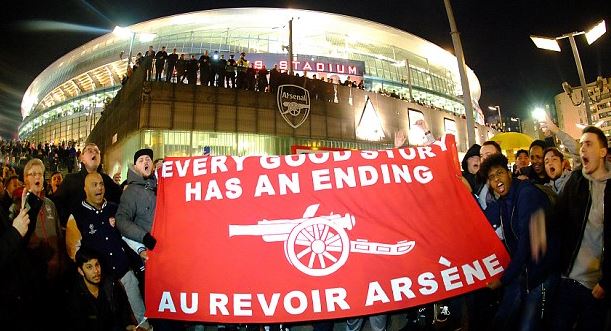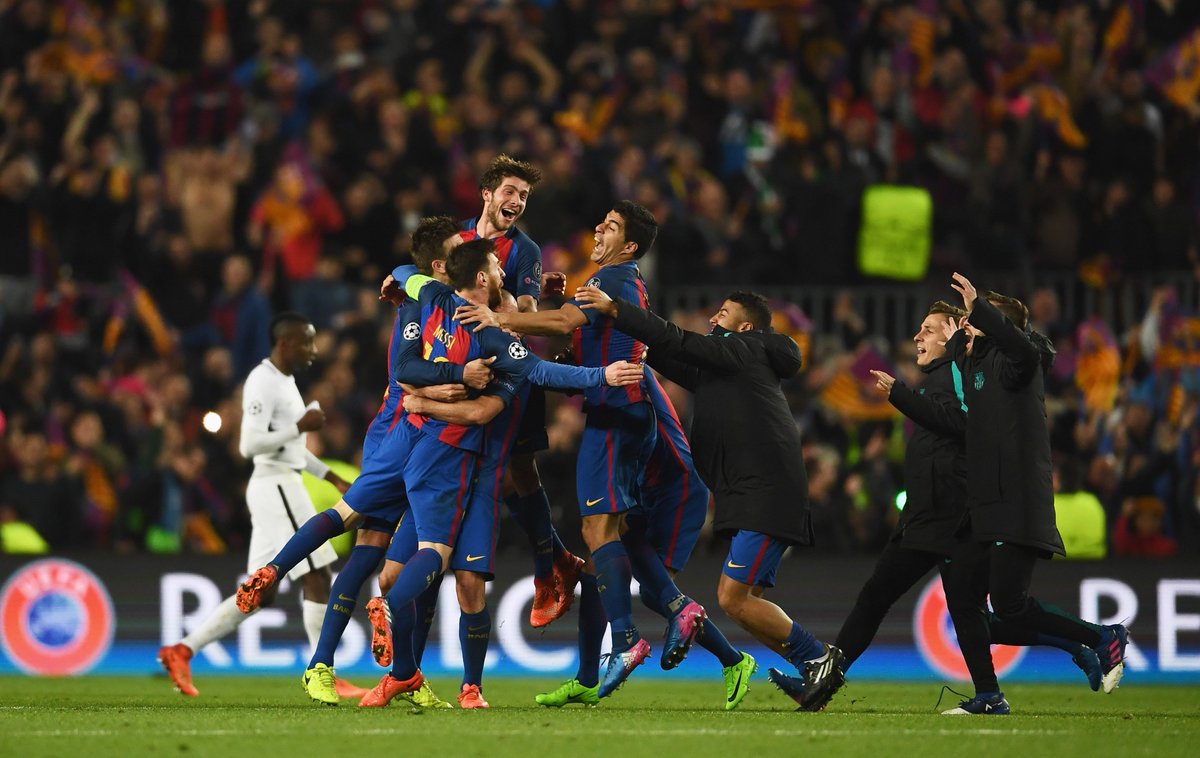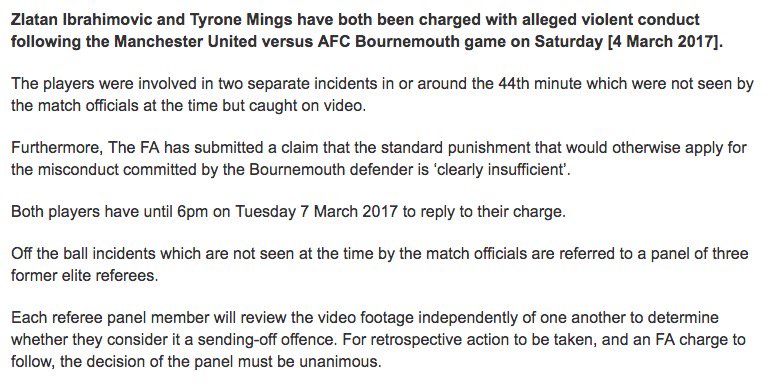Olajumoke Orisaguna, the lady whose grass to grace story shook the internet last year celebrated her one year anniversary of stardom at an exclusive event hosted by NETng in Lagos. The former bread seller attended the event with her husband, Sunday Orisaguna.








Petition to replay Barca & PSG match gets over 100, 000 signatures.
Would you love to see a replay of the Barca/PSG match?
A petition demanding the replay of the Barcelona Vs PSG UEFA Champions League last 16 tie has been launched on change.org and it has garnered more than 100, 000 signatures. Recall that the Catalans overturned their 4-0 deficit in the first leg and won the match 6-1 at the Camp Nou on Wednesday night.
The petition was launched by a very irate Real Madrid fan named Luis Melendo Olmendo.
Melendo who criticized the referee, Deniz Aytekin for being partial cited arbitration errors in the match.
He opined that Luis Suarez’s goal in the third minute was offside, while a penalty should have been awarded against Mascherano in the 11th minute. He claimed Gerard Pique should have been sent off in the 23rd minute and that PSG’s Edinson Cavani didn’t deserve the yellow card awarded to him, he said Pique should have been the recipient. He also faulted the three minutes extra time in the first half.
He maintained that the 48th minute penalty awarded to Barca courtesy of Neymar was a deliberate simulation by the Brazilian and that that he ought to have been sent off at the 64th minute for aggression. He added that PSG deserved a penalty when Mascherano brought down Angel Di Maria, the five minutes added time was too much and lastly, Suarez should have been sent off for diving again.
Second clásico outside Spain to hold on 29 July
Barcelona will play against Real Madrid in Miami during the club’s pre-season preparations in the United States on 29 July, 2016. Barça’s Vice-President for Marketing and Communications, Manel Arroyo has revealed. The match which will be a part of the 2017 International Champions Cup will hold at the Hard Rock Stadium. The announcement of the match was also attended by former player Hristo Stoichkov on behalf of Barça, and the Director of Institutional Relations Emilio Butragueño and former player and ambassador Roberto Carlos on behalf of Real Madrid.
This will be the second Clásico to be played outside of Spain after the one that was played in Barquisimeto (Venezuela) on 30 May 1982 during a friendly tournament in Venezuela. The tip to the United States is a part of the club’s strategic plan and its global expansion.
“I would like to thank Stephen Ross and Relevent Sports for this fantastic opportunity, not only for our club but for the footballing family. I think today we are writing a crucial chapter in football’s history in the United States as this match will be a big opportunity to promote the game in this country. This is something we are hoping to achieve at FC Barcelona and the recent opening of our New York office is testament to The match on the 29th is not only a friendly, it is much more than that: it is a game which is always passionate and one which all fans will be able to enjoy, especially here in Miami.” Arroyo said in a statement.
Source
A Vacation and the Orphaned Country~ By: Wole Aguda
6 days after President Muhammadu Buhari arrived the UK for his extended vacation, a big announcement was made at Harvard – they had acquired unprecedented knowledge of how to convert Hydrogen (a gas) to metal. This might be passing information for multiple Olodos like my humble self on social media but those who possess a little orientation in the sciences know what long term impacts this discovery could have for human living. Back home in Nigeria, the media was festering in a different world while dealing with rumours of an ailing president who, by some accounts was hurriedly rushed to the UK for urgent medical attention. The whispers began and as expected (Nigerian style), our attention as a people had been won to a new subject. While citizens of the developed world analyzed the prospects of a bright future for their next 20 generations via Hydrogen conversion to metal and which will likely be an export item to Africa. We set up e-courts for debates and in some cases rings for electronic defenders of politicians. In Nigeria, we were about the news and not scientific discoveries or waves that could expand our equity or stake in the African continent. Nigeria was not about Nigeria.
After about 50 days in the United Kingdom for an extended vacation, President Buhari this morning landed at the Kaduna Airport and about now should be at the presidential villa. The 50 days have however not been ordinary ones. Nigerians had their dose of melodrama scripted across different divides. The rumour mills grounded at deafening decibels about a president who had passed away and who was in a vegetative state. They were roundly addressed however by the presidential spokesman who transmitted information that suggested that the president in a message to these Nigerians referred to them as “mischief makers” Let me quote him for effect: “Thank you for holding out against mischief makers” Mr. Femi Adesina reported as being the words of Mr. President. While this was ongoing, researchers at the National Health Institute, US, discovered a new molecular mechanism that might be the cause of severe premenstrual syndrome known as PMDD. This led them to a new discovery – they could alter estrogen and progesterone in test subjects and the result? The disappearance of severe symptoms. Our ladies across Nigeria will soon become customers of this wonder discovery which was made while Wailers denigrated the Presidency and “Sai Baba” sycophants farted nonsensical achievements from begrudged anuses to Nigerians. Nigerians were not about Nigeria.
In expected democratic practice, Professor Yemi Osinbajo mounted the saddle as President. Perceived by some to be a more pragmatic leader, his style effused energy and a keenness that promoted a sense of urgency that endeared him to not a few Nigerians. In what was a coincidence of progress, or not, the Naira strengthened against the dollar in what has now become the flagship of his 50 days on the throne. Nigerians of course again swerved the drama. “Mischief makers” did not want a return of Buhari as it seemed that the freshness of interventions from Osinbajo struck the right chords in the far south of Nigeria. The conflict was shared between supporters of President Buhari who, in my opinion, correctly promoted the notion of a united presidency and thus discarding willful suggestions of disparity in the presidency. While this raged, a French Neuroscientist concluded experiments that demonstrated that humankind could now reverse paralysis through implants of electrodes in the human brain – talk about gains for humanity! So while we are about ourselves, the world is about the world, because they seem to own it and have more stake in its development. We have politicians to worship here! Nigeria, the country again was thrown under the bus. We are a nation about personalities.
This brings me to the worrisome observation that prompts this piece. Do we really care about Nigeria the country like we care for the personalities that we elect? While persuasive passions ran over social media for or against a Buhari, I saw a nation bleeding and begging for attention. We have killed allegiance to the Nigerian dream and have slaughtered our nationalism on a slate of partisanship. Who do we think suffers at the end of the day? Energy has been devoted to undermining the presidency in veiled strategies related to 2019. The people now seem to be made for elections rather than election being tools in their hands to achieve positive change. Even when what we have had for the last two years is nothing short of suicidal economics, many are more interested in Buhari or the North completing two tenures with no prioritization of the fatherland as prime. While the nation is just recovering from a highly organized heist that spanned 30 years of our nationhood, we are already rooting for a return of the same political criminals that put us in this mess in the first place. We are no longer about Nigeria and that in itself is a sad commentary on the evolved fragmentation of the Nigerian people.
Arsenal fans get in here! Arsenal chairman breaks silence on Wenger’s future.
Arsenal fans, your campaign to remove Arsene Wenger from the Emirates Stadium hot seat has been well understood.
Arsenal chairman Sir Chips Keswick has released a statement about the future of the Frenchman, in the wake of Arsenal’s exit from the Champions League last 16 exit. The Gunners lost 10-2 on aggregate to Bayern Munich, sparking outrage from club supporters.

Keswick said, “We are fully aware of the attention currently focused on the club and understand the debate.
“We respect that fans are entitled to their different individual opinions but we will always run this great football club with its best long-term interests at heart. Arsène has a contract until the end of the season.
“Any decisions will be made by us mutually and communicated at the right time in the right way.”
It is not unlikely that the club is shopping for a replacement.
Xabi Alonso to retire from professional football at the end of the season.
Spain and Bayern Munich midfielder, Xabi Alonso has announced that he will retire from professional football at the end of the season. His illustrious career which spans 18 years has seen him win 2 UCL trophies, 2 Euro, 2 Bundesliga, 1 World Cup, 1 FA Cup and 1 Laliga trophy. In the EPL for Liverpool, the 35 year-old played 143 matches, scored 14 goals and gave 17 assists.
Lived it. Loved it.
Farewell beautiful game. pic.twitter.com/1aSN7GGNzZ
— Xabi Alonso (@XabiAlonso) March 9, 2017
Alonso kicked off his career at Real Sociedad, he moved to Liverpool in August 2004 for 10.5 million pounds, had a spell in Real Madrid in the start of the 2009/2010 season in a deal worth around £30 million. After five seasons at the club, he was signed by German Bundesliga club Bayern Munich on a two-year contract. Alonso retired from international football on 27 August 2014. His 114 caps make him the fifth-most capped player in the nation’s history.
Additional information by Wikipedia
Stephanie Linus named UNFPA Regional Ambassador for West and Central Africa
Barca's stunning comeback tears the internet into shreds.
Barcelona did the impossible and proved the world wrong tonight. It was no mean feat.
The Spanish giants made history tonight after their emphatic victory over Paris Saint Germain (PSG) at the Round of 16 return leg 2 of their Champions League clash. The Catalans overturned a 4-0 deficit to send PSG out of the competition with three goals in the final seven minutes. The biggest comeback in football history.

A late goal by Sergi Roberto at the 95th minute produced an incredible feat for the Blaugranas and chiefly secured a 6-5 aggregate win over their rivals.

Enrique’s men have now made it to the Champions League quarter-finals. They become the first side in Champions League and European Cup history to overturn a first-leg 4-goal deficit.
AMVCA 2017: Somkele Idhalama & Chief Zebrudaya Receive Their Luxury Cars
Zlatan Ibrahimovic and Tyrone Mings charged with violent conduct
While Zlatan has been handed a 3 game-ban, the Cherries star could be banned for 6 games.

Zlatan will miss the FA Cup clash against Chelsea as well as EPL games against Middlesbrough and West Bromwich Albion.
Both players have until 6pm tomorrow to appeal the charge.
https://twitter.com/TheFootballRep/status/838043745333440512




